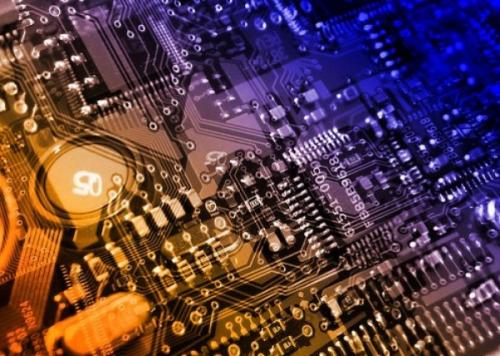-
CN
-
Service Hotline
+8618129931046 Mr. Liao


Time:2025-10-15 Views:1

Printed Circuit Boards play a fundamental and indispensable role in CNC (Computer Numerical Control) machine tools, serving as the nerve center that enables precise control, seamless communication, and reliable operation of these complex machining systems. Tailored to the exacting demands of CNC applications, these PCBs are engineered with a focus on high - precision, durability, and real - time performance.
Precision control is at the core of CNC machine tool operations, and PCBs are designed to support this requirement. They house the control circuits that receive and process instructions from the CNC controller, translating digital commands into precise electrical signals to drive motors and actuators. To achieve this, high - performance microcontrollers and digital signal processors (DSPs) are integrated onto the PCB. These components demand accurate component placement and optimized trace routing to minimize signal delays and ensure that the machine tool can execute movements with micron - level precision. For instance, in the machining of aerospace components, where tolerances are extremely tight, the PCB - based control system must accurately regulate the speed and position of the cutting tool, and any signal distortion or latency could lead to significant errors in the final product.
Durability is another critical aspect for PCBs in CNC machine tools. These machines operate in industrial environments characterized by high levels of vibration, temperature fluctuations, and electrical noise. PCBs are constructed using robust materials, such as fiberglass - reinforced epoxy laminates with high mechanical strength. Reinforced mounting points and ruggedized connectors are employed to withstand the continuous vibrations generated during machining operations. Additionally, the PCBs are often coated with conformal coatings to protect against dust, coolant splashes, and moisture, which are common in machining workshops. This protection ensures the long - term reliability of the PCB and prevents component failures that could disrupt production.
Real - time performance is essential for the efficient operation of CNC machine tools. The PCBs need to handle fast - paced data streams from various sensors, such as position sensors, speed sensors, and force sensors, which monitor the machining process in real - time. High - speed communication interfaces, like Ethernet or field - bus protocols, are integrated into the PCB design to enable rapid data transfer between different components of the machine tool, including the controller, motors, and sensors. Furthermore, error - handling and diagnostic circuits on the PCB are crucial for detecting and addressing issues promptly, ensuring the smooth running of the CNC machine tool and minimizing downtime. Overall, the specialized PCBs used in CNC machine tools are key enablers for achieving the high - precision, reliability, and efficiency required in modern manufacturing processes.